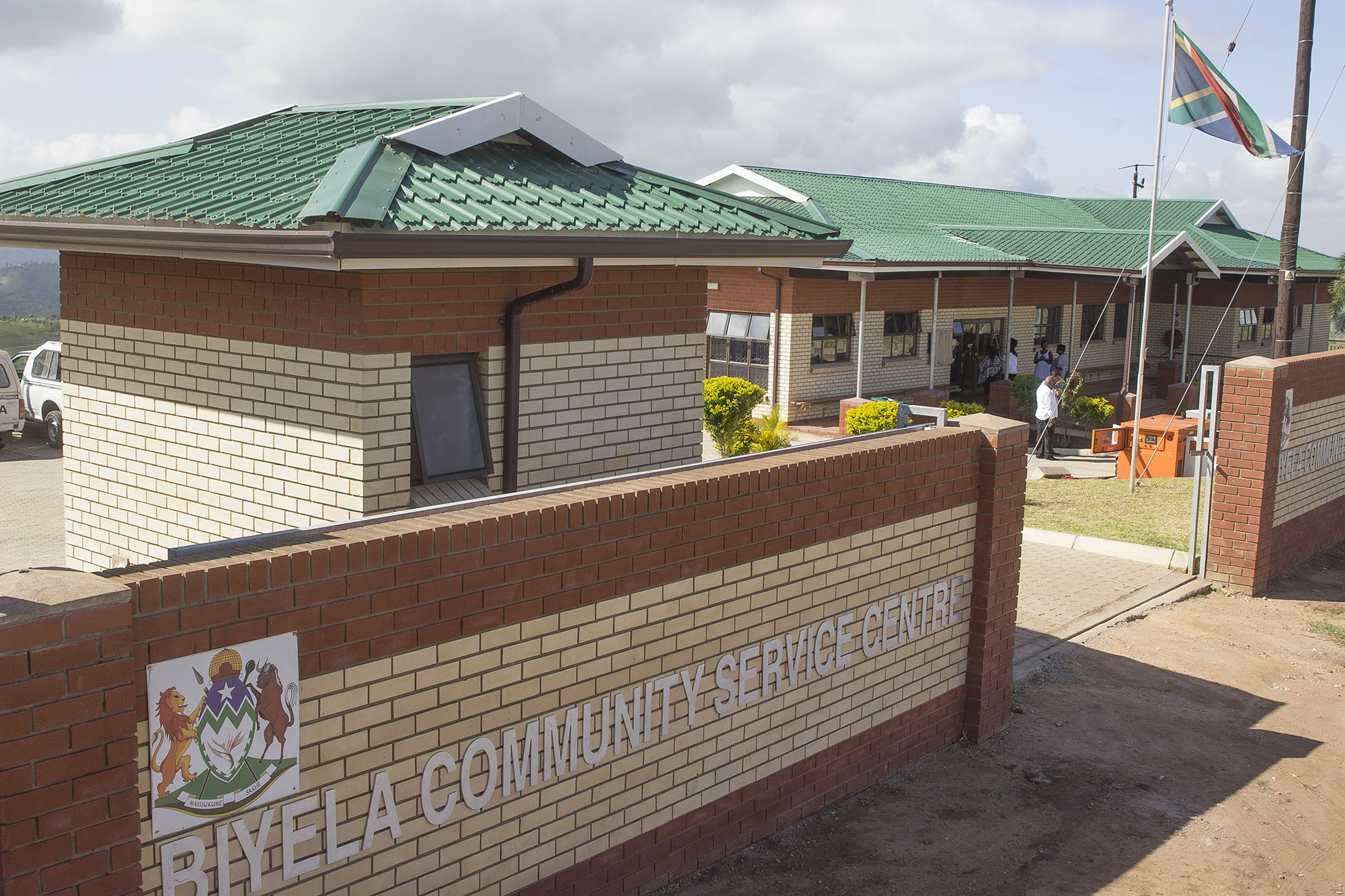
The capacity of the uThukela district to respond to disaster incidents has just received a welcome boost when KZN MEC for Cooperative Governance and Traditional Affairs (Cogta) Sipho Hlomuka handed over to the municipality a state-of-the-art disaster response vehicle.
The handover, which took place at the district offices in Ladysmith today, marked an important turning point in the department’s efforts to improve capacity in the province’s municipalities in terms of disaster response. When handing over the vehicle, Hlomuka emphasised the value his department places on the proper functioning of disaster management centres across the province since they are the first respondents to disasters.
The handover of the disaster response vehicle follows a similar handover by Hlomuka in the Ndwendwe local municipality where the department recently invested R2-million to procure a disaster response vehicle. The Mayor of the uThukela district, Cllr Mazibuko, officially received the vehicle from MEC Hlomuka in a small ceremony attended by fire and rescue personnel based in the uThukela district.
Mayor Mazibuko believes that this investment by the department will go a long way towards assisting the municipality since the district is facing severe constraints when it comes to resources. The handover of the disaster response vehicle was part of the Integrated Service Delivery Programme undertaken by Hlomuka in the district where he first visited two schools: Gcizela and Tholulwazi Primary Schools. There he handed over school uniforms to pupils that were donated by a social partner, Icebolethu Foundation.
The MEC then proceeded to the town of Ladysmith where he conducted a cleanup campaign. The campaign aims to encourage residents to keep their communities clean.






